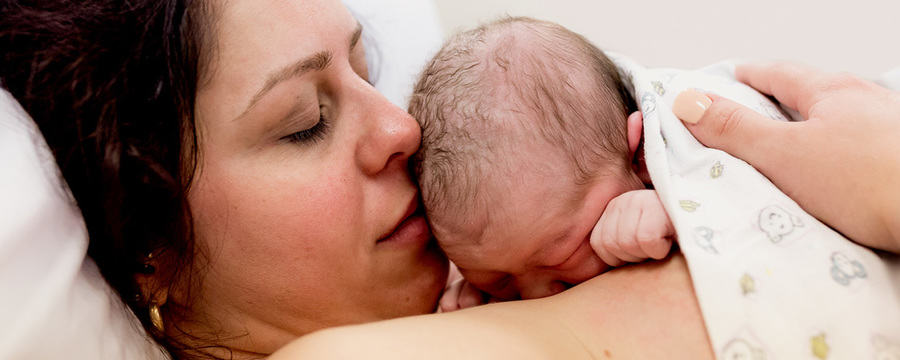Maternity Care: Real-Life Stories

Share this step
Looking at maternity care services – in different settings, with different populations, all over the world – it’s clear that how maternity care is provided makes a difference.
You may be wondering what you can do to join the movement for change and maternity reform. You might have read some of the case studies shared in the last activity and felt overwhelmed at the idea of creating systems-level change – or maybe it inspired you to think of ideas for your own region! Whatever your response, in this section we look at everyday heroes – people like you you – who took a stand and made a difference in an area of maternity care important to them.
You may be here as a consumer or user of maternity services, as a midwife or doctor, a birth doula, or a policy maker in maternity care. Whatever your role – and whatever your motivation for exploring relationship-based maternity care – you have the power to make a difference. These real-life stories show you how. With step-by-step action and a clear intention, great things can happen from one person noticing a problem and doing something about it.
Vicki Chan
 © Vicki Chan
© Vicki Chan
Vicki Chan is a midwife who has worked on staff in public and private hospitals, as a chosen midwife within the hospital system, with women who choose to birth at home in Australia, and with the impoverished women of Takeo in Cambodia and the Kawangware slum in Kenya. Wherever she has worked, her goal is the same; that is, to build relationships.
Vicki says:
‘As a midwife, I offer myself to the pregnant and birthing woman as a companion, confidante, and partner in her health care. Without exception, I promise to be kind, to listen, and to pay attention… to be patient, to offer sustenance, and to encourage free movement… to be trusting, and trustworthy, to be still when appropriate and act when there is need, to guide but not manage… to endeavour to truly know her, and to adapt my practice to her life and circumstances. I know that a commitment to relationship is the cornerstone to safe and satisfying maternity care.’
Deirdrie Cullen
 © Deirdrie Cullen
© Deirdrie CullenBirthing Journeys has been transformative for many women in providing a space to be heard and to transform trauma to peace and empowerment.
Logan Community Maternal and Child Health Hubs
 © Logan Community Maternal and Child Health Hubs
© Logan Community Maternal and Child Health HubsFrom pregnancy, through birth and beyond, the earliest years are foundational for life success. That’s why the place to start for Logan Together was maternity care.Around 10% of Logan women received inadequate maternity care. Doing things differently was the key to addressing this massive challenge. And that required people from the community, health professionals, and community agencies coming together to design and deliver relationship-based care in highly localised ways.Getting the change wasn’t always easy. There were many views on how to move forward. But within two years, a new community-based model providing continuity of midwifery care was born and is now established and expanding. The next step is to ensure women and children have the integrated, holistic, wrap around services they need over the early years.
Nicole Chegwyn
 © Nicole Chegwyn
© Nicole ChegwynSheena Currie
 © Sheena Currie
© Sheena Currie‘Well prepared community midwives are needed to deliver high quality, respectful, gender-sensitive care. Ensuring women have a supported birth experience with a kind and caring midwife transforms their lives.’
(S. Currie, 19 September, 2017)
Share this
Maternity Care: Building Relationships Really Does Save Lives

Maternity Care: Building Relationships Really Does Save Lives


Reach your personal and professional goals
Unlock access to hundreds of expert online courses and degrees from top universities and educators to gain accredited qualifications and professional CV-building certificates.
Join over 18 million learners to launch, switch or build upon your career, all at your own pace, across a wide range of topic areas.
Register to receive updates
-
Create an account to receive our newsletter, course recommendations and promotions.
Register for free







